Assessment
Engaging and Creative Online Assessments using Moodle Blogs
from Sam Grierson
Students on Warwick’s Foundation Studies programme were tasked by Sam Grierson to write 1,000-word Moodle blogs on a subject of their choice related to food. Students were given a large degree of freedom over the subject of their blog as long as they could demonstrate how it related to the topic.
SMLC Virtual International Exchange
from Dr Leticia Villamediana Gonzalez
The online international virtual exchange, which connects Warwick language students with native speaker partners overseas, is used across SMLC’s degree programmes. In Hispanic Studies, Dr Leticia Villamediana Gonzalez and her colleague Dr Clemencia Rodas-Pérez partner students with peers studying similar modules at Universidad Javeriana de Bogotá in Colombia and Universidad de Valladolid, Spain.
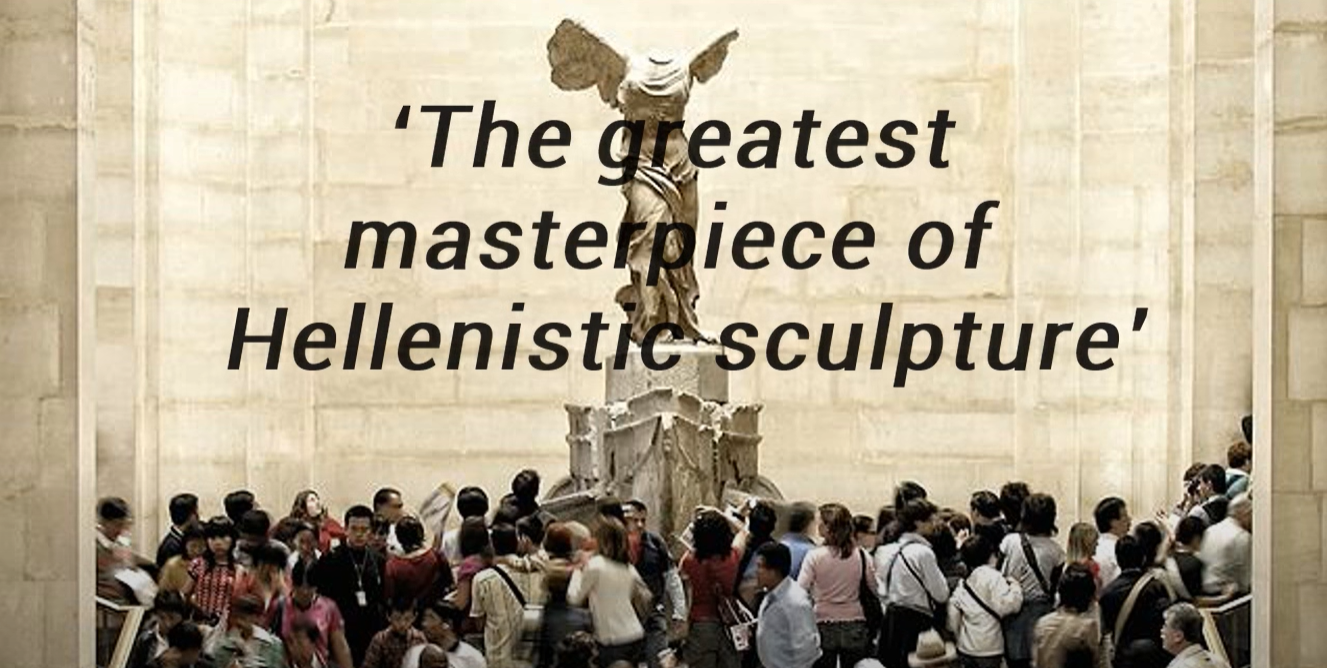
Hellenistic World: Digital Story Telling
from Dr Conor Trainor
For the second-year core module, Hellenistic World, Dr Conor Trainor gives students the option of either a 3-minute digital story telling assignment or an essay-based assessment, which counts for 25% of the module.
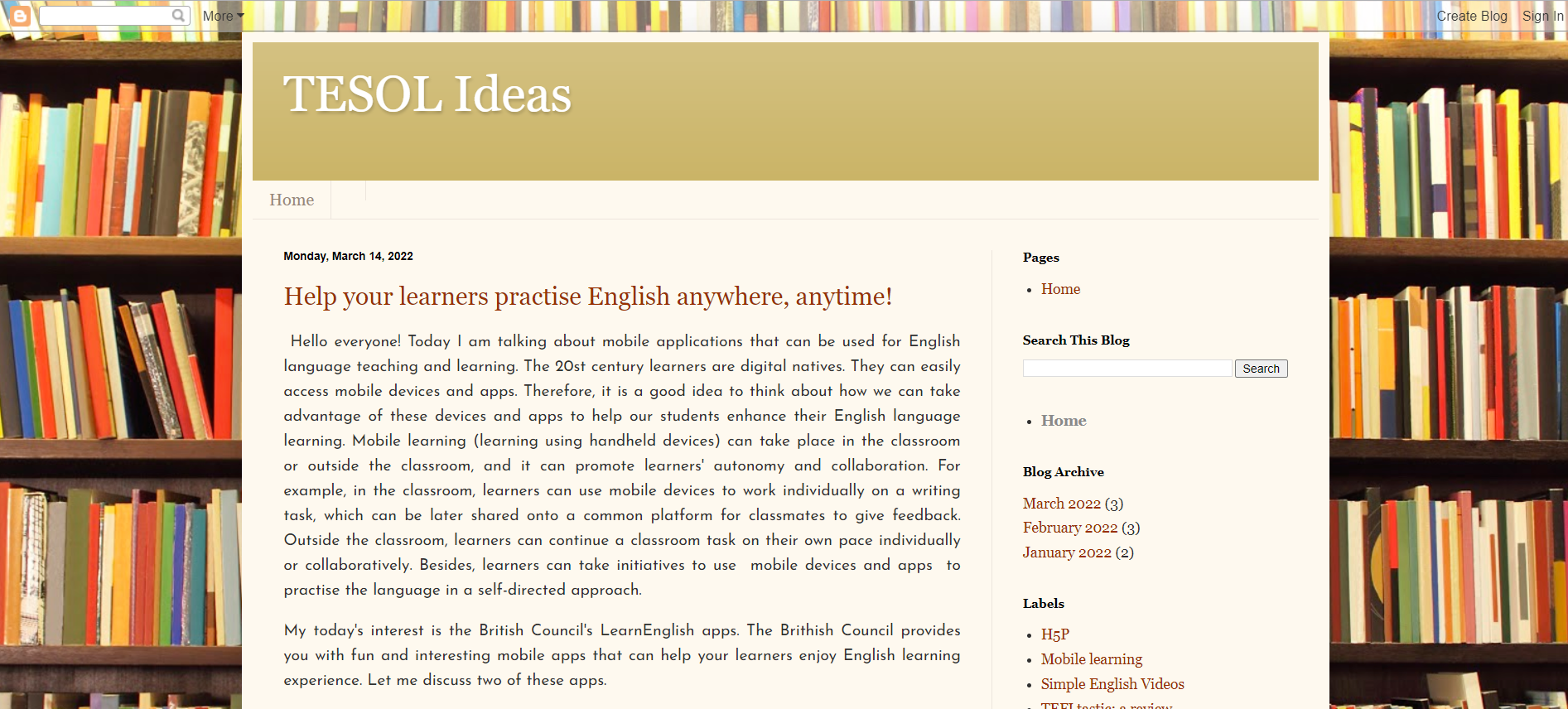
Building Community Through Blogging
from Professor Tilly Harrison
On the ICT in TESOL MA module, Tilly Harrison uses blogging as both an assessment tool and a means through which to build community amongst students. As the module moves through various digital teaching tools and pedagogic themes week by week, the students are tasked with writing a weekly blog evaluating each tool.
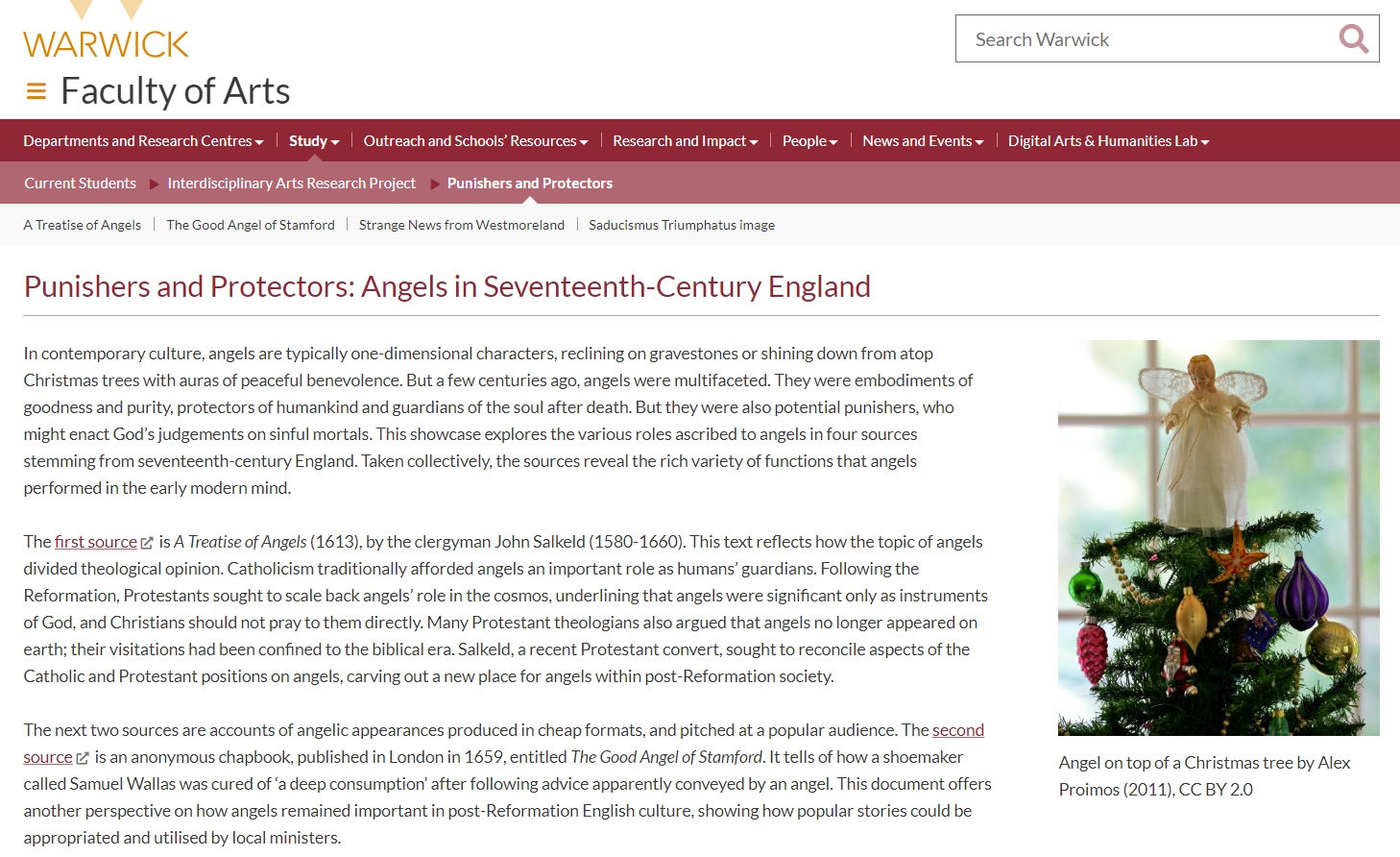
The Supernatural in Early-Modern Britain Digital Showcase
from Dr Martha McGill
As part of the second-year undergraduate module, The Supernatural in Early-Modern Britain, Dr Martha McGill requires students to work together in groups to create a digital showcase, exploring a specific aspect of the module.
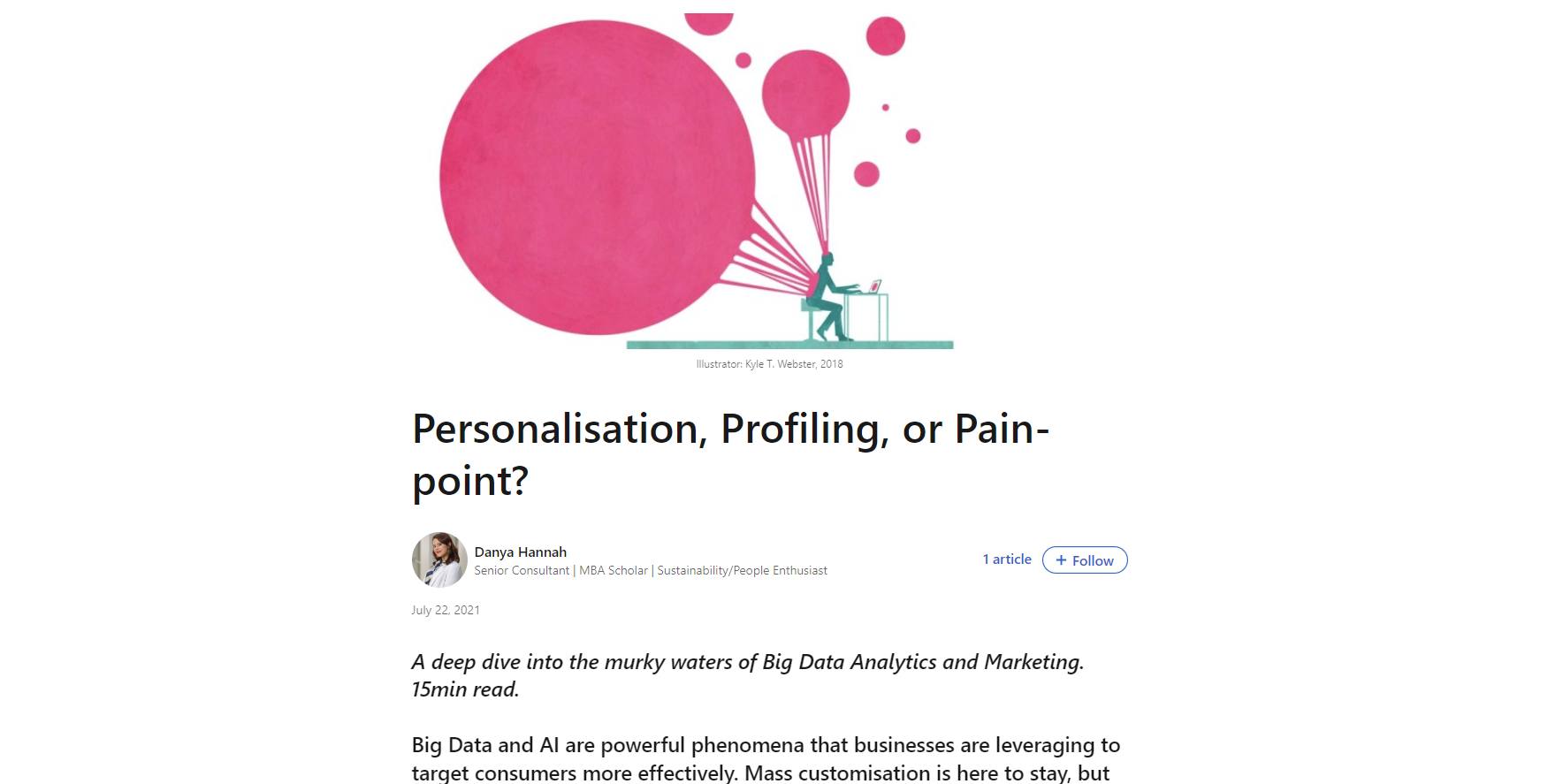
Audience-Centric Blogging
from Dr Isabel Fischer
Using scholarly blogging as an assessment tool, Dr Isabel Fischer encourages students to tailor their writing to specific audiences. Dr Fischer uses blogging as part of a two-part assessment in which students are tasked with writing a public-facing blog and internal board papers on the same topic.
Moving Beyond Theory with Marketplace Simulations
from Dr Susan Wakenshaw
In a postgraduate module on strategic marketing, Dr Susan Wakenshaw tasks her students with applying the theoretical concepts learnt in the classroom to real-word scenarios using the Marketplace Simulations platform. Over the course of the two-week module, students work in groups of six, with each student fulfilling a different role, to create and promote a brand selling 3D-printed bicycles.
In-class VeVox Quizzes
from Atisha Ghosh
In order to test their understanding of pre-recorded lectures, Atisha Ghosh asks her students to complete short multiple-choice online polls during her live lectures. Students are expected to watch a pre-recorded lecture about a week or so before attending a live lecture. During the last ten minutes of the live lecture, Atisha asks her students to log in to VeVox and answer five or six multiple-choice questions based on what they’ve learnt in the pre-recorded and live lectures.
Presenting Focused Historical Case Studies as Blog Posts
from Dr Guido van Meersbergen
In his second-year History module, Dr Guido van Meersbergen diversified assessment tools by allowing students to choose between producing a podcast, video or blog post for a group-work project. Students who opted to write a blog post were given the freedom to choose their own case-study related to the module, and worked in groups of 3 to 4 to produce a blog post that included textual and visual elements.
Presenting Focused Case Studies using Video
from Dr Guido van Meersbergen
In his second-year History module, Dr Guido van Meersbergen diversified assessment tools by allowing students to choose between producing a podcast, video or blog post for a group-work project. For the video assignment, students worked in self-selected groups of 3 to 4 to produce roughly 12-15 minutes of video content that presented a focused case study of a historical figure, community or theme related to the module.
Creating Data Entries for a Historical Online Portal as a Digital Assessment
from Professor Michael Scott
Prof Michael Scott uses the Oiko portal project as an optional digital assessment in the recently created 'Ancient Global HistoryLink opens in a new window' module. Oiko.world is an online historical portal that allows users to learn about the multitude of interactions between civilizations in antiquity across an interactive map and timeline. The key feature of the portal is that its entries, each containing a detailed historiographic description of a significant event, are written by students and scholars alike, allowing the portal to incrementally expand every year.
Using Video for Assignment and Grade Feedback in Language Courses
from Kelly Mayjonade-Christy and Zhiqiong Chen
Zhiqiong Chen and Kelly Mayjonade-Christy of SMLC regularly use short video-feedback (5-8 minutes long) in their language teaching to provide assessments of student work in a time-efficient and engaging way. Usually, they rely on video-feedback to provide comments on group work, rather than individual submissions.
Representing History Podcast Assessment
from Professor Sarah Hodges
Professor Sarah Hodges utilised podcasting as an assessment tool for a year-long core History module, called ‘Making of the Modern World’. Students were tasked with creating a 15-minute podcast on topics related to representations of race and slavery online, in museums and in literature.
The Responsible Use of Generative AILink opens in a new window
by Dr Pauldy Otermans and Dr Stephanie Baines
With the rise of Generative AI, Drs Otermans and Baines have developed a workshop to support their students to use AI in a safe and responsible way. For this, they gave a brief overview of AI, Generative AI and tools that can be used. They then explored ChatGPT in detail together with the students. Their understanding and use of a tool such as ChatGPT was then tested in a Level 4 assessment.
Active learning through digitally enhanced teaching, learning and assessmentLink opens in a new window
by Mrs Emily Webb and Mr Dee Vyas
The University Road to 2030, in line with the Education Strategy, aims to deliver a student experience based on developing an active learning community. Founded on engagement from across the university and key sector-wide reports, the Digitally Enhanced Learning Teaching and Assessment (DELTA) Strategy is a key enabler of many aspects of the university’s aspirations.
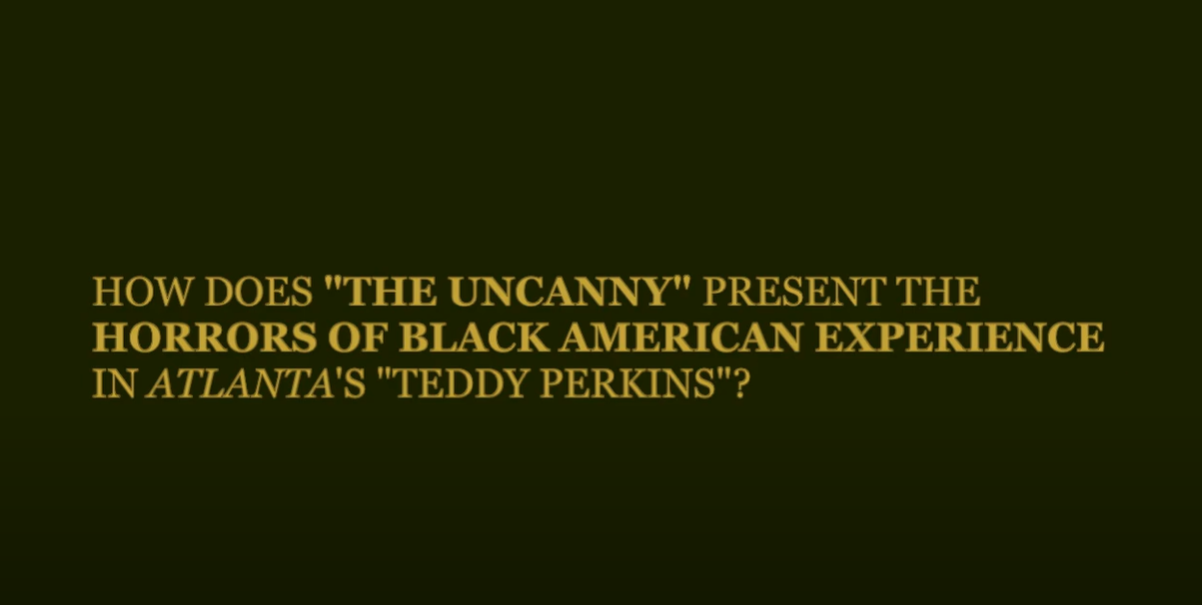
Group Video Essays as Assessment Tools
from Professor Stephen Shapiro and Dr Mark Storey
As part of the final-year English & Comparative Literary Studies module American Horror Story, Professor Stephen Shapiro and Dr Mark Storey used group video essays as an assessment tool comprising 20% of the overall module mark. Students worked collaboratively in groups of 4 to 6 to create short video essays of up to 6 minutes in response to a keyword chosen from a provided list related to the conceptual and thematic currents of the module.

Video-essay assessment in Film/Television Studies
from José Arroyo
Video-essay assignments can be used in the Arts as a mode of assessment, prompting students to further engage with the subject by producing informationally rich content and exploring an increasingly popular research methodology that they can pursue in further academic or non-academic work.
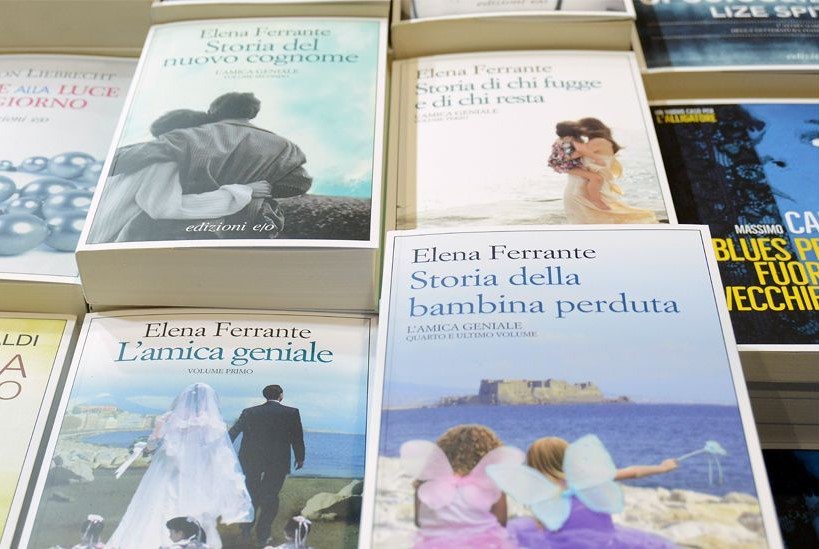
Creative Assignment: Digital Production of a New Book Edition
from Valentina Abbatelli
The key assessment of a module 'Within and Beyond Books', taught by Dr Valentina Abbatelli, is a creative digital project that requires students to design a new edition of a book using dedicated publishing software and reflect on that process in a more traditional written essay.
Practising Public History
from Professor Roberta Bivins
In order to diversity assessment in the final-year History module ‘Foreign Bodies, Contagious Communities’, Professor Roberta Bivins offered students the option of producing a podcast or videocast, curating an online exhibition or writing a blog for their applied assignment
Practising Public History: Podcasts and Videocasts
Students who opted to write a blog for their applied assignment were expected to write a 1,500-2,000 word blog for a well-defined, non-academic audience to introduce their readers to a theme related to the module and establish some of the key debates, while employing appropriate language for their intended audience.
Practising Public History: Online Exhibitions
Students who opted to curate an online exhibition were expected to create an online gallery, PowerPoint or Prezi presentation with at least 8 ‘objects’. This could include images, works of art, video or audio clips, or any other digitised item.
Practising Public History: Blogging
Students who opted to create podcasts or videocasts were expected to create pieces that were 7 to 15 minutes long, and that used historical research to reflect on a contemporary political, social, cultural or public policy question related to migration.
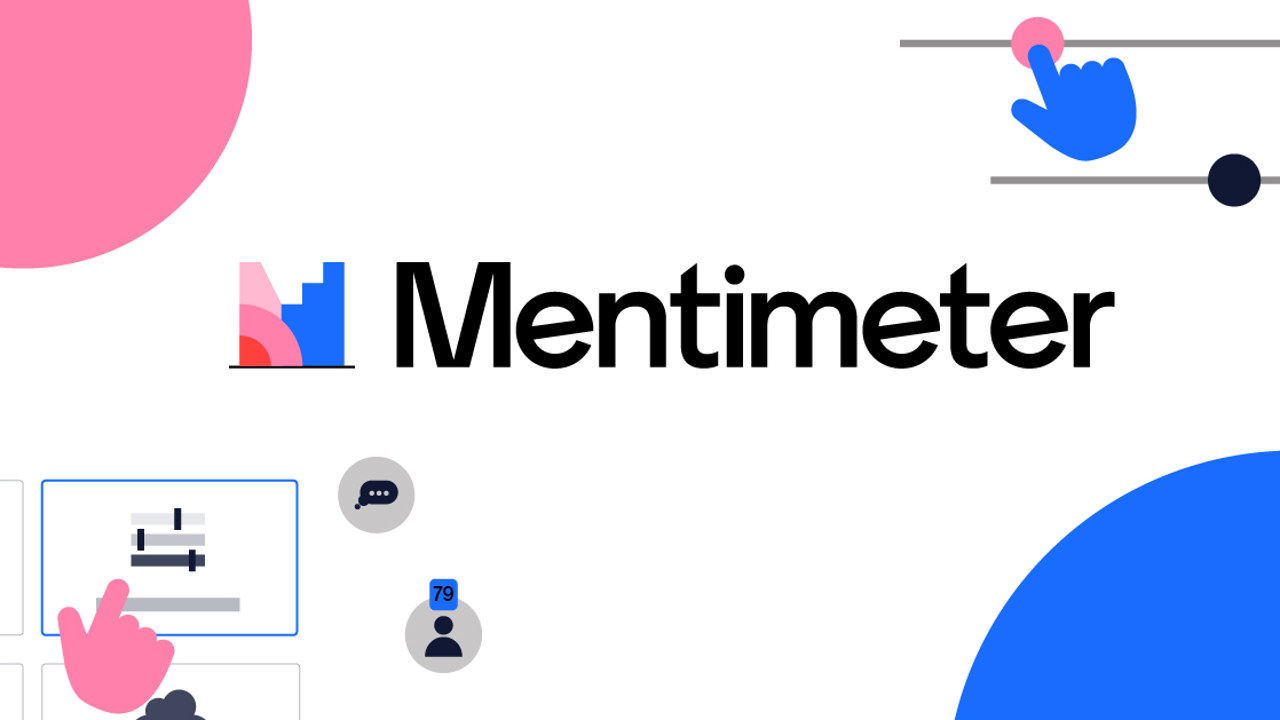
Using Mentimeter to Encourage Student Participation in Lectures and Seminars
from Dr Lydia Plath
Dr Lydia Plath uses interactive polling software, Mentimeter, to increase interactivity and get instantaneous feedback in lectures and seminars.
